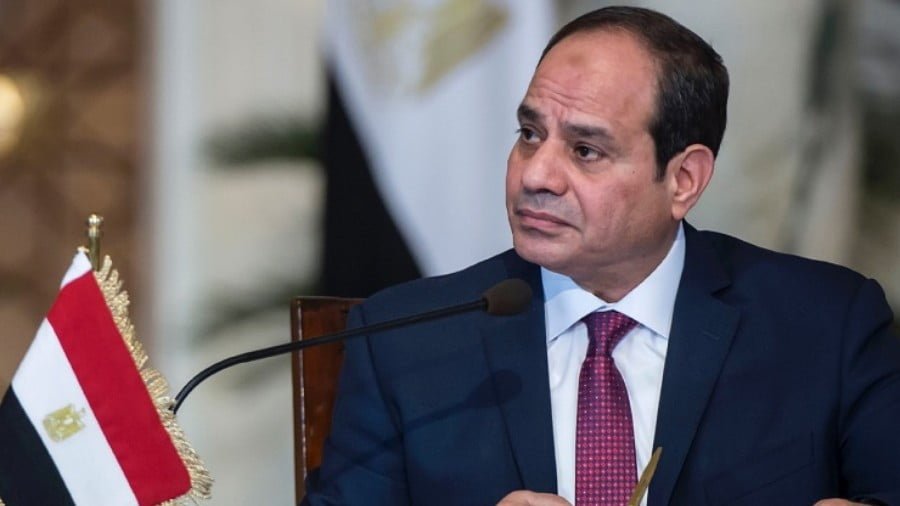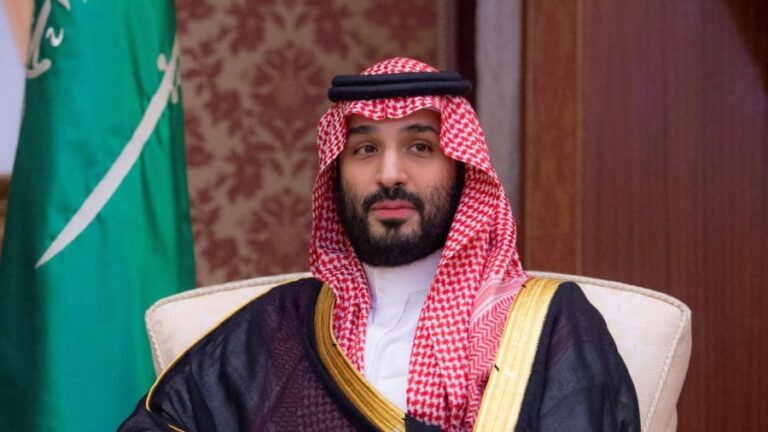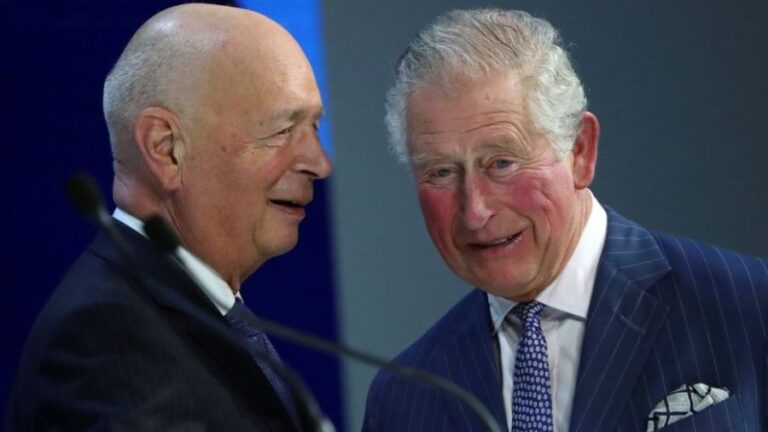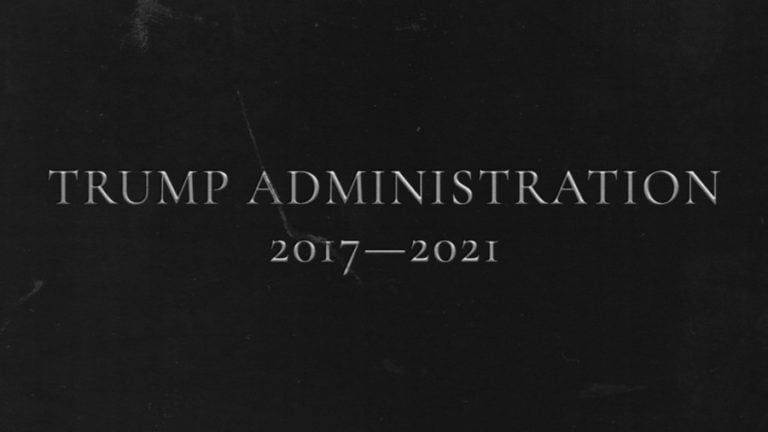Egypt Assumes an Active Role in the Middle East
Recent events and Cairo’s policy in this context clearly show that Egypt is steadily reclaiming its major role in the Middle East, not as a tool in the hands of the US and Israel, but as it was before, standing on all-Arab patriotic positions. And these vectors of Cairo’s foreign policy are clearly visible in Egypt’s participation in the 2019 coup d’état in Sudan, in its approaches to resolving the Libyan crisis, the conflict in the Eastern Mediterranean, in its desire to mediate between Israel and the Palestinians, even between Saudi Arabia and Iran in the Persian Gulf.
Given the change of political leadership in the United States and the establishment of ties with Israel by four Arab countries (United Arab Emirates, Bahrain, Sudan and Morocco), as well as recent accusations in the Arab world of “selling Palestinian interests” in these agreements with Israel, Egyptian President Abdel-Fattah el-Sisi has become actively involved in resolving the Israeli-Palestinian conflict and establishing a Palestinian state with the 1967 borders and East Jerusalem as its capital.
In December, during Palestinian leader M. Abbas’ visit to Cairo, Egyptian President El-Sisi already indicated to him Cairo’s intention to be an active mediator in the peace talks with Israel. In order to put this issue into practice, a week before US President-elect Joe Biden took office, Egypt initiated a meeting in Cairo of the foreign ministers of Germany, France and Jordan, at which ways of resuming peace talks between Israel and the Palestinians were actively discussed.
To discuss “Arab unity and the defense of Palestinian rights,” the US policy toward Palestine under the new administration in the White House, Egypt, with Jordan’s support, initiated an emergency meeting of the League of Arab States (LAS) on February 8 at the level of the foreign ministers of its member countries. Egypt’s note to the League, in particular, called for an Arab comprehensive position that would protect Arab national security, serve the common interest, reinforce shared solidarity and affirm the permanence of the Arab position on the Palestinian question.
In discussing the Palestinian issue at the convened session, League Secretary General Ahmed Aboul Gheit said that the LAS seeks a comprehensive and just solution to the Palestinian question, and the extraordinary meeting of Arab leaders is a sign that the Arab countries are ready to unite when it comes to Palestine. In this regard, he stressed that the Palestinian question will remain at the center of Arab attention until it is resolved through the establishment of an independent Palestinian state with East Jerusalem as its capital. In doing so, the LAS head emphasized that any threat to Arab land is a threat to the entire nation, and that the region is on the threshold of a new phase. In light of this, the need for increased international attention to the Palestinian question was stressed, which should make this issue its priority.
Egyptian Foreign Minister Sameh Shoukry, who addressed the LAS, emphasized Egypt’s unwavering position on the establishment of a Palestinian state with the 1967 borders and East Jerusalem as its capital, and the importance of the right of return for Palestinian refugees. He also warned against any change in the status of Jerusalem and said that Cairo was working to facilitate Palestinian dialogue toward reconciliation.
For his part, Prince Faisal bin Farhan, Foreign Minister of the Kingdom of Saudi Arabia, also confirmed that the Arab countries are united in confronting these challenges. However, unlike the LAS Secretary General and the Egyptian representative, Prince Faisal tried to shift the discussion to “external threats to the Arab world” allegedly emanating from Iran. Clearly eager to please Washington and Israel after the Biden administration’s show of dissatisfaction with Riyadh’s policies “under Trump” and the decision to ban Washington from supplying arms and military equipment to the kingdom, Prince Faisal began calling for an “end to Iranian violations and threats in the region.”
Recall that the Saudi foreign minister recently called the reduction of Iran’s nuclear obligations under Articles 26 and 36 a violation of the JCPOA, deliberately “forgetting” that it was the United States and not Iran that provoked the collapse of the JCPOA. In response to such demarches by Prince Faisal, Iran’s permanent representative to international organizations in Vienna recently at the IAEA Board of Governors meeting, referring to the disclosure of some secret nuclear activities of Saudi Arabia, called on the IAEA to ensure that Saudi Arabia itself complies with its obligations under the Comprehensive Safeguards Agreement. In particular, Kazem Gharibabadi at the meeting expressed concern about the silence of those who have always expressed concern about the integrity of the safeguards regime, warning that history is repeating itself and that Saudi Arabia is following the same path that Israel, which pretends it is not bound because it is not a party to the NPT, once took.
Ayman Safadi, Foreign Minister of the Hashemite Kingdom of Jordan, also focused on the Palestinian issue. In particular, he said that a two-state solution was the only way to end the conflict between the Palestinians and the Israelis. “The Palestinian question is the first central issue for the Arabs and is the key to a just and comprehensive peace,” Safadi stressed. “This underscores the need for direct Arab action to support (our) brothers and achieve peace, especially with the start of the new American administration and the new gestures it has announced.”
This extraordinary meeting of the LAS meeting in Cairo, according to many observers, demonstrated the timeliness with which Cairo raised this issue with the Arab community. Its key point was the need to strengthen Arab-wide solidarity on the two-state solution and a clear call on all Arab leaders to support Palestine. Here’s hoping that Arab solidarity and the unanimous call for a peaceful solution to the Palestinian question will encourage the Israeli authorities to resume the Palestinian-Israeli peace talks immediately, and perhaps even remove from the agenda the extremely sensitive issue of moving the capital of Israel to Jerusalem.







